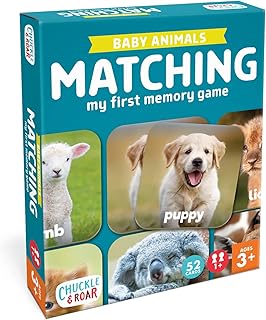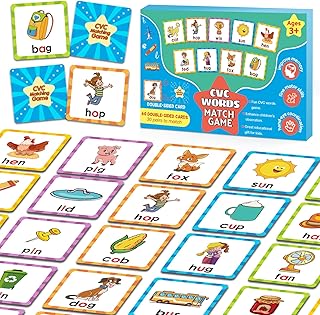In a recent study published in The Spanish Journal of Psychology, researchers explored the relationship between chronological age, Theory of Mind (ToM), and suggestibility (measured by Yield) in young children’s memory and susceptibility to external suggestions. The study aimed to investigate how socio-cognitive factors, in addition to age, influence memory performance and suggestibility in young children.
For over three decades, there has been a growing concern about the impact of suggestive interviewing techniques on preschool-aged children’s acceptance of suggestions. This interest stems from the prevalence of allegations of child sexual abuse based solely on children’s statements. Research has indicated that memory performance improves and susceptibility to suggestion decreases between the ages of 3 and 6, but age alone is not sufficient to explain these developmental differences.
Understanding Theory of Mind (ToM) is crucial as it involves grasping how mental representations are interpreted, highlighting the independence of mind and reality. Developmental changes in representation skills between ages 3 and 6 are pivotal for memory and susceptibility to suggestion. Suggestibility, defined as an individual’s tendency to respond to suggestions, is measured by Yield and has been linked to the acceptance of false suggestions in children.
The study observed how children responded to suggestions from an unfamiliar adult regarding false actions they were supposed to have performed with another adult a week earlier. Results indicated a significant shift in suggestion acceptance around the age of 4.6 years, influenced by the child’s level of ToM development and individual suggestibility (Yield). Understanding these factors is crucial in forensic cases involving minors, as it can impact the accuracy of their statements.
Further exploration is needed to identify other socio-cognitive and situational factors that may affect memory recall and suggestion acceptance in young children. By establishing the boundary conditions for memory performance and susceptibility to external suggestion, practitioners can enhance their approach to handling statements from children involved in forensic investigations.
Research in this area sheds light on the complexities of memory and suggestibility in young children and underscores the importance of considering multiple factors beyond chronological age. By delving into the interplay between socio-cognitive development, ToM, and individual suggestibility, researchers aim to enhance our understanding of how children process and respond to external suggestions.
As the field of psychology continues to evolve, studies like these provide valuable insights into the factors influencing memory and suggestibility in young children. By examining the intricate relationship between age, cognitive development, and suggestibility, researchers can better equip practitioners to navigate forensic cases involving children and ensure the accuracy of their statements.
📰 Related Articles
- Study Reveals Visual Cue Impact on Rod-and-Frame Test Accuracy
- Study Reveals Pre-Stitch Impact of Fast Fashion on Environment
- Study Reveals Poly(A) Tail Impact on Gametogenesis Dynamics
- Study Reveals Metal Lyrics’ Intellectual Depth and Impact
- Study Reveals Liquid Biopsy’s Impact on Cancer Treatment Decisions






